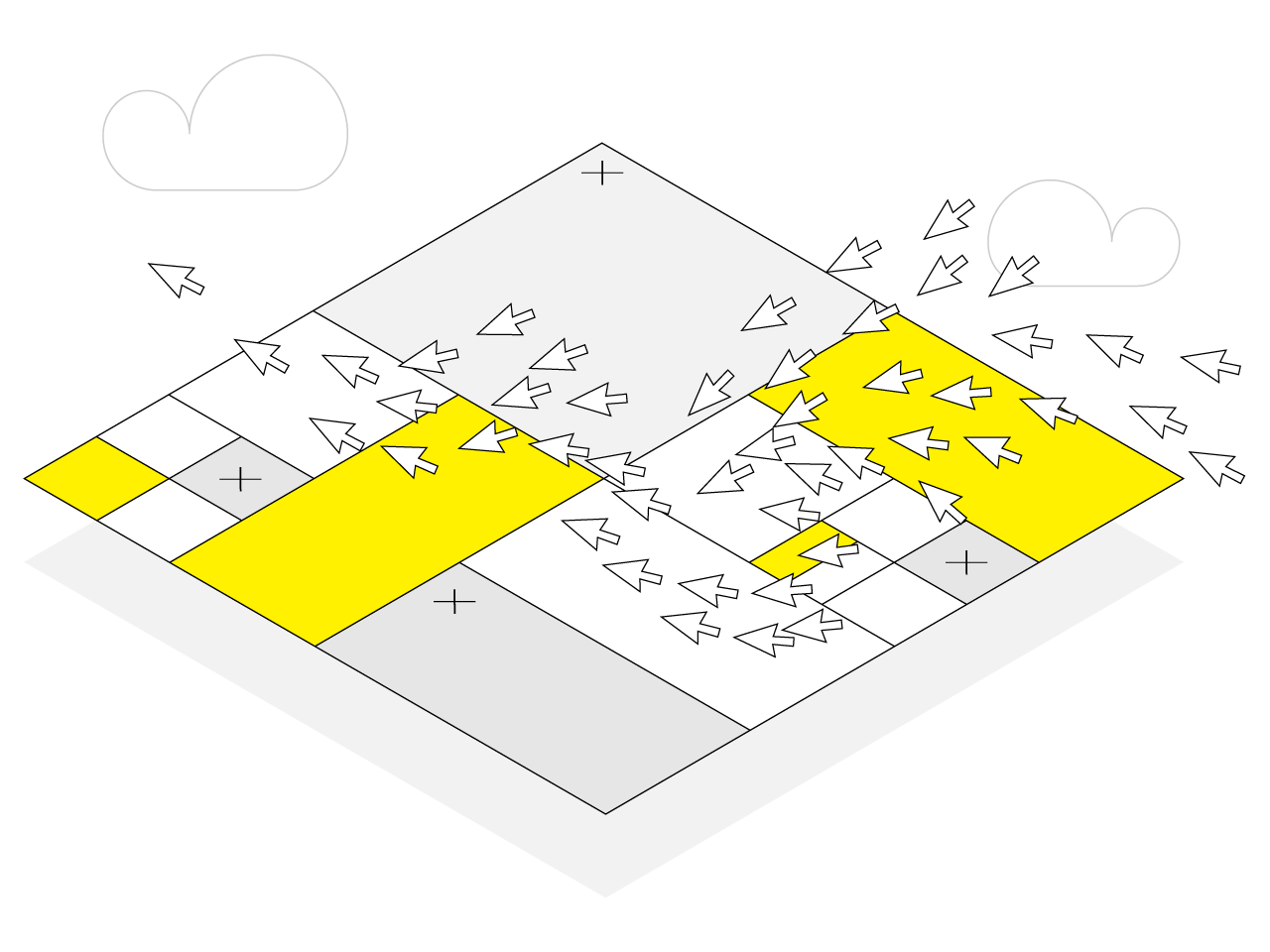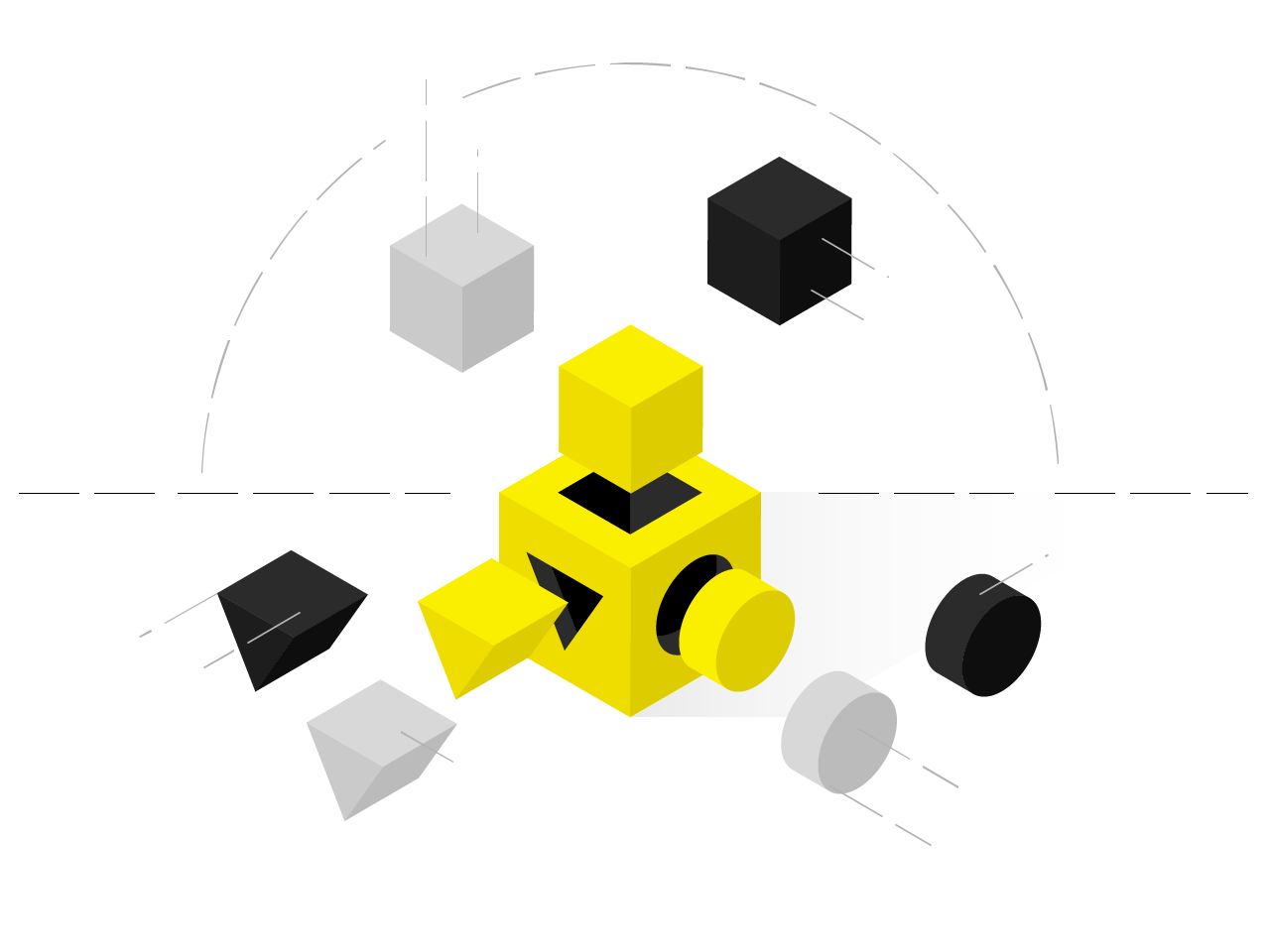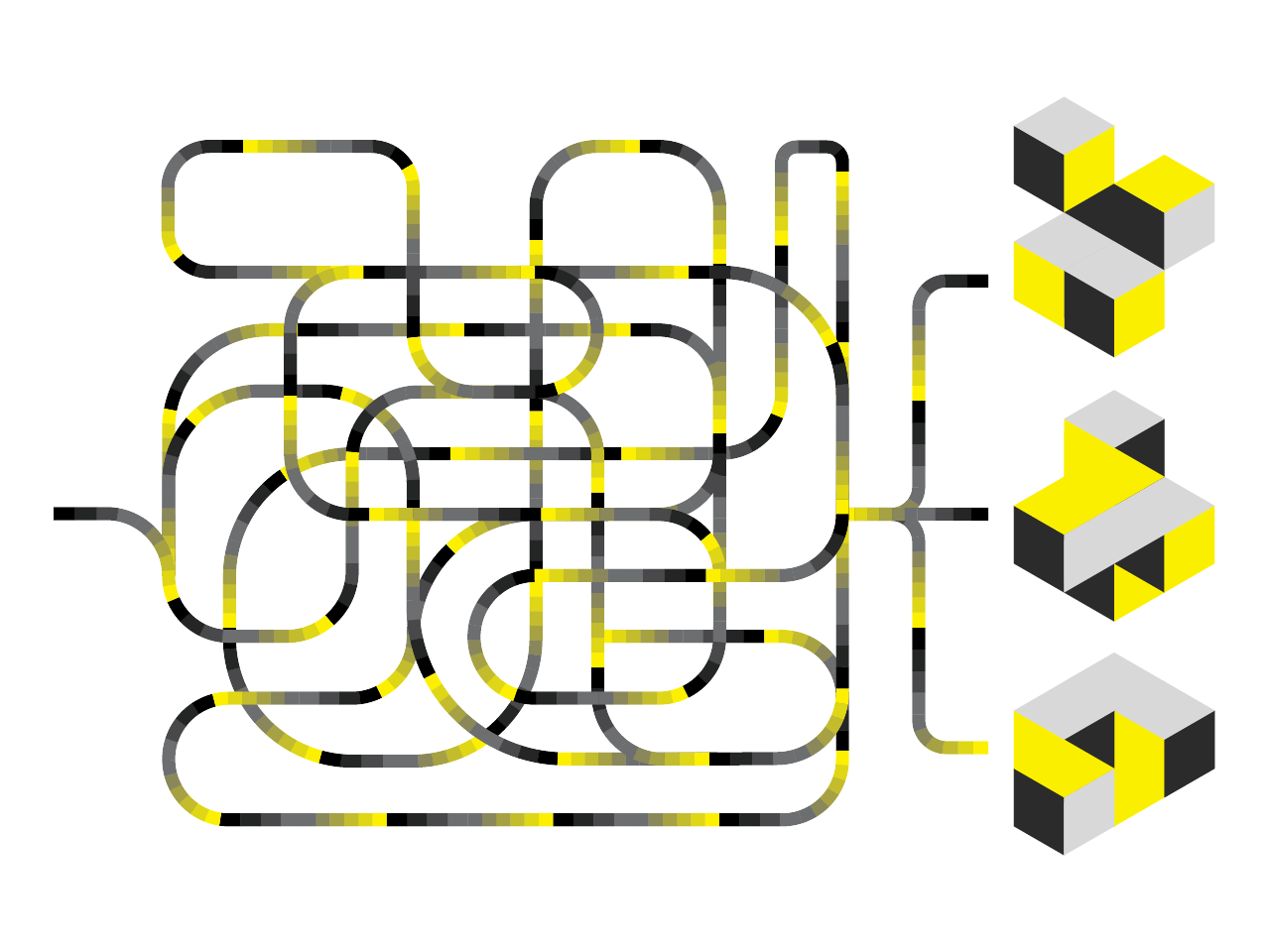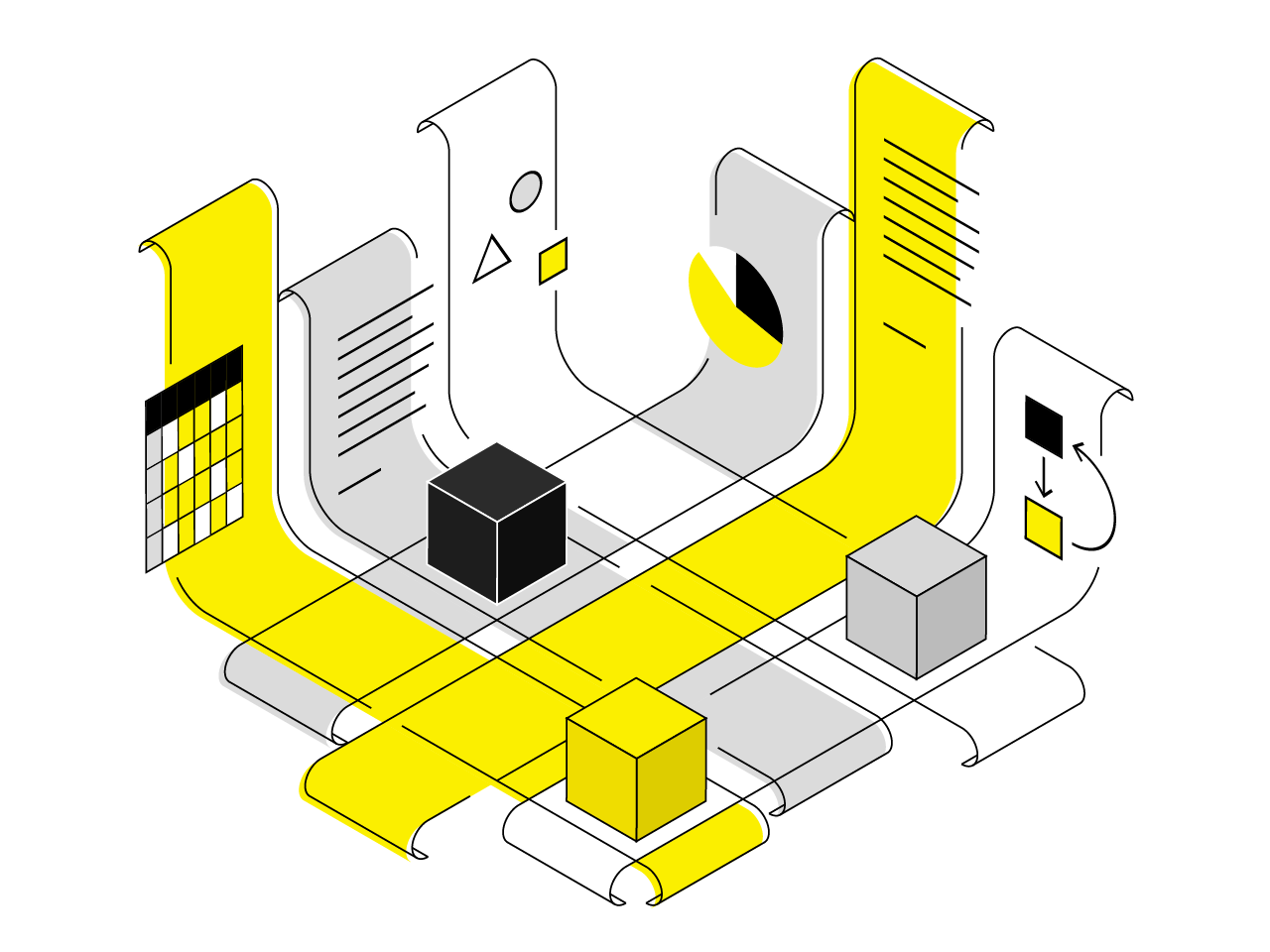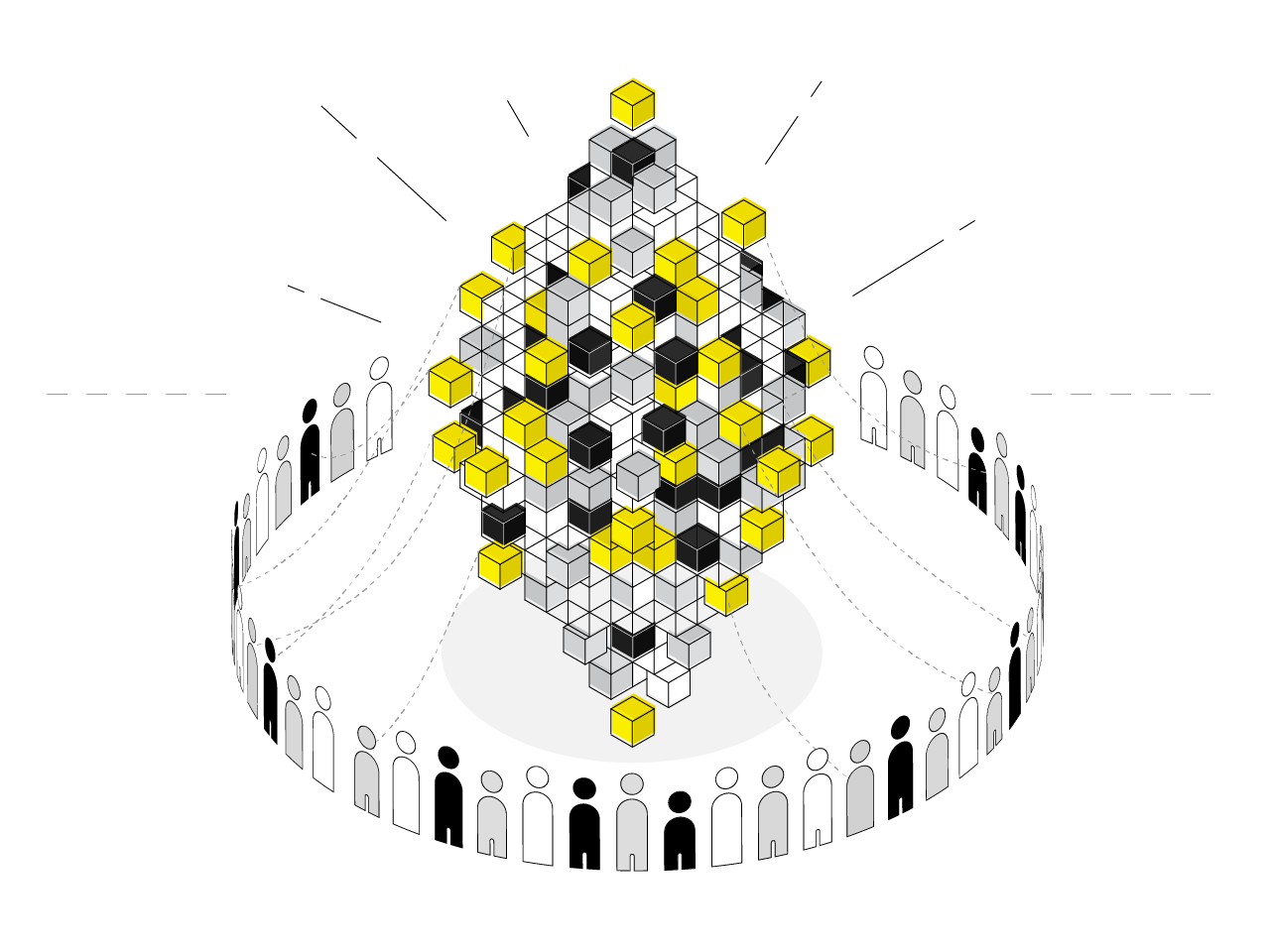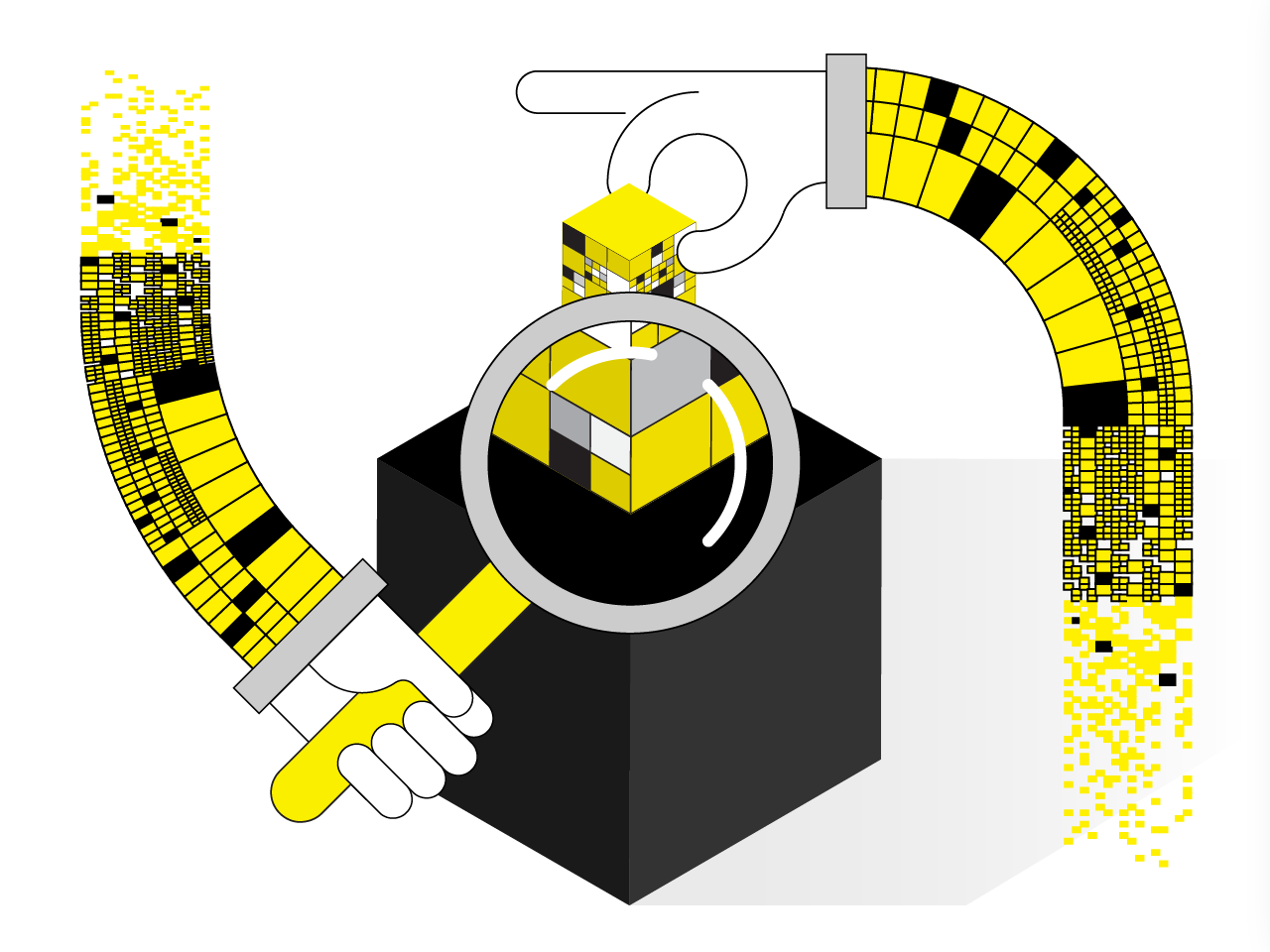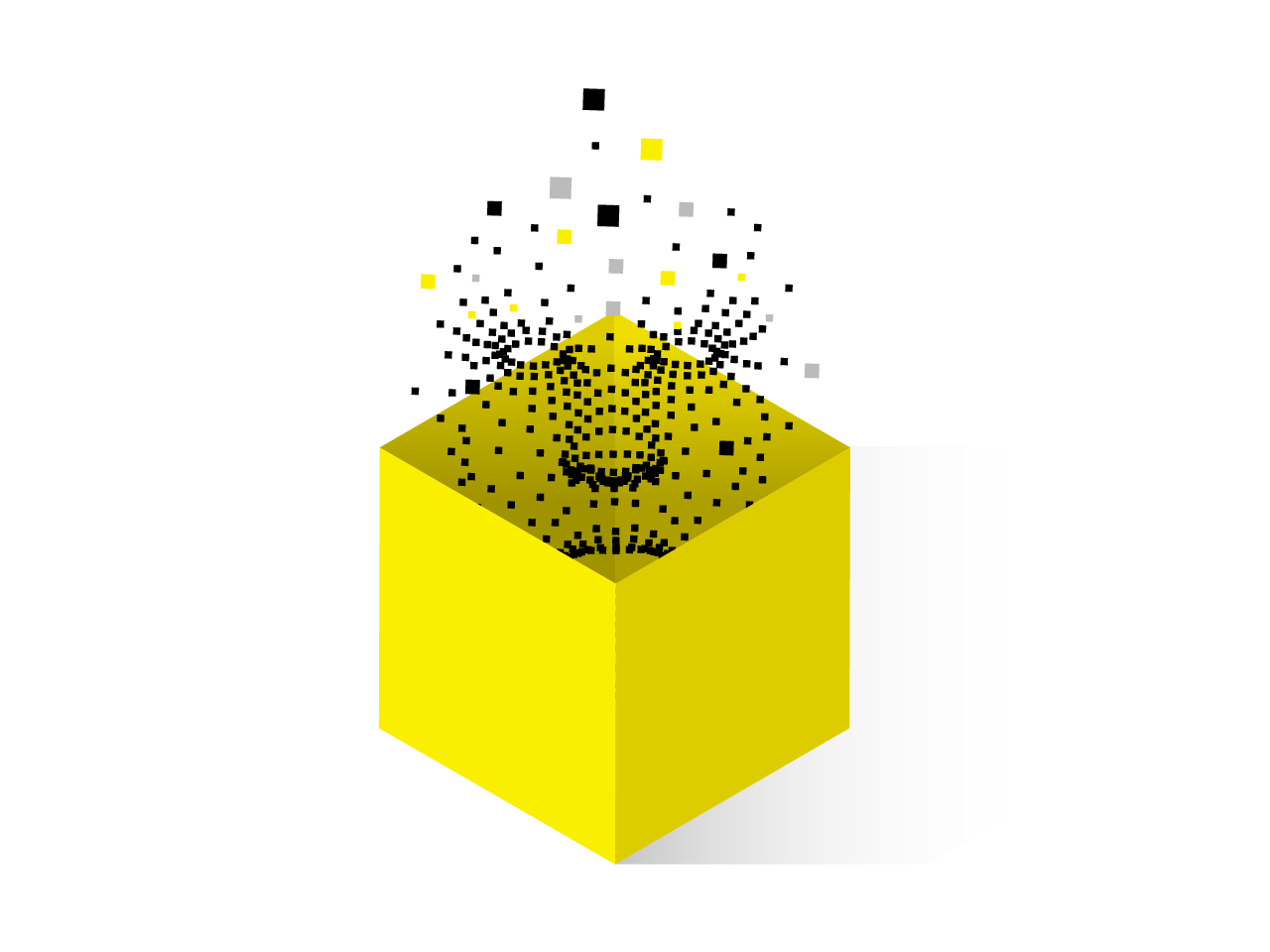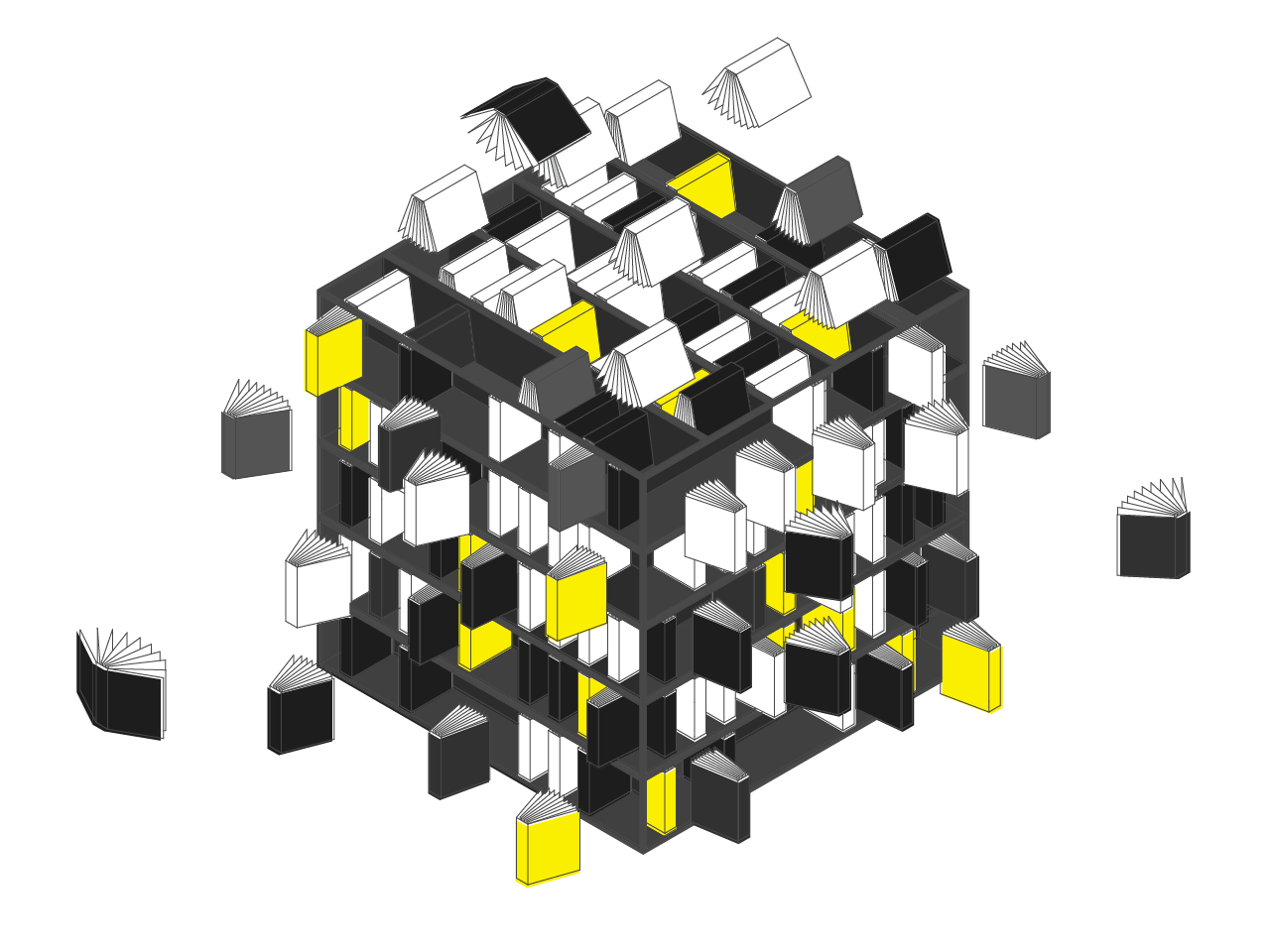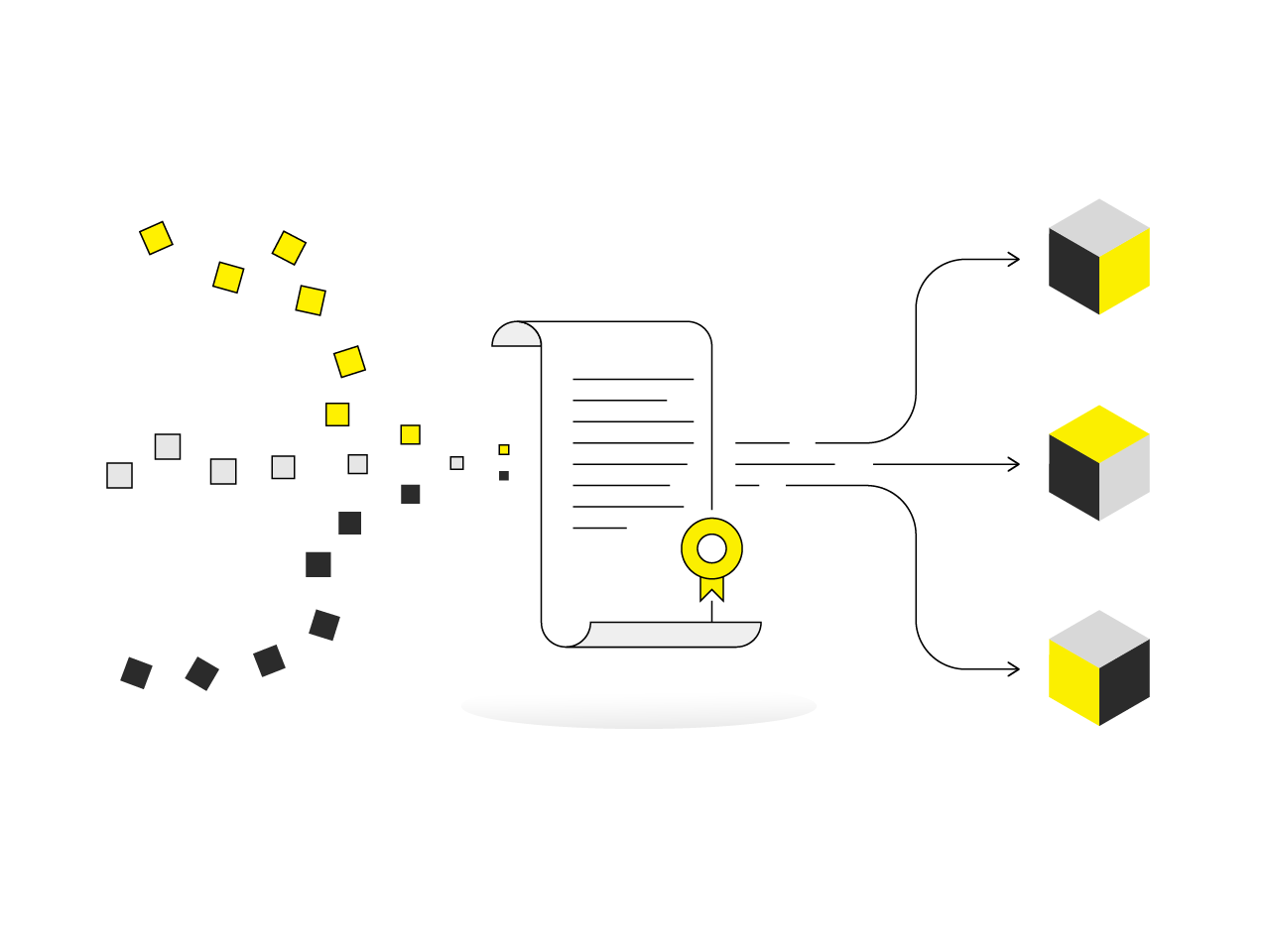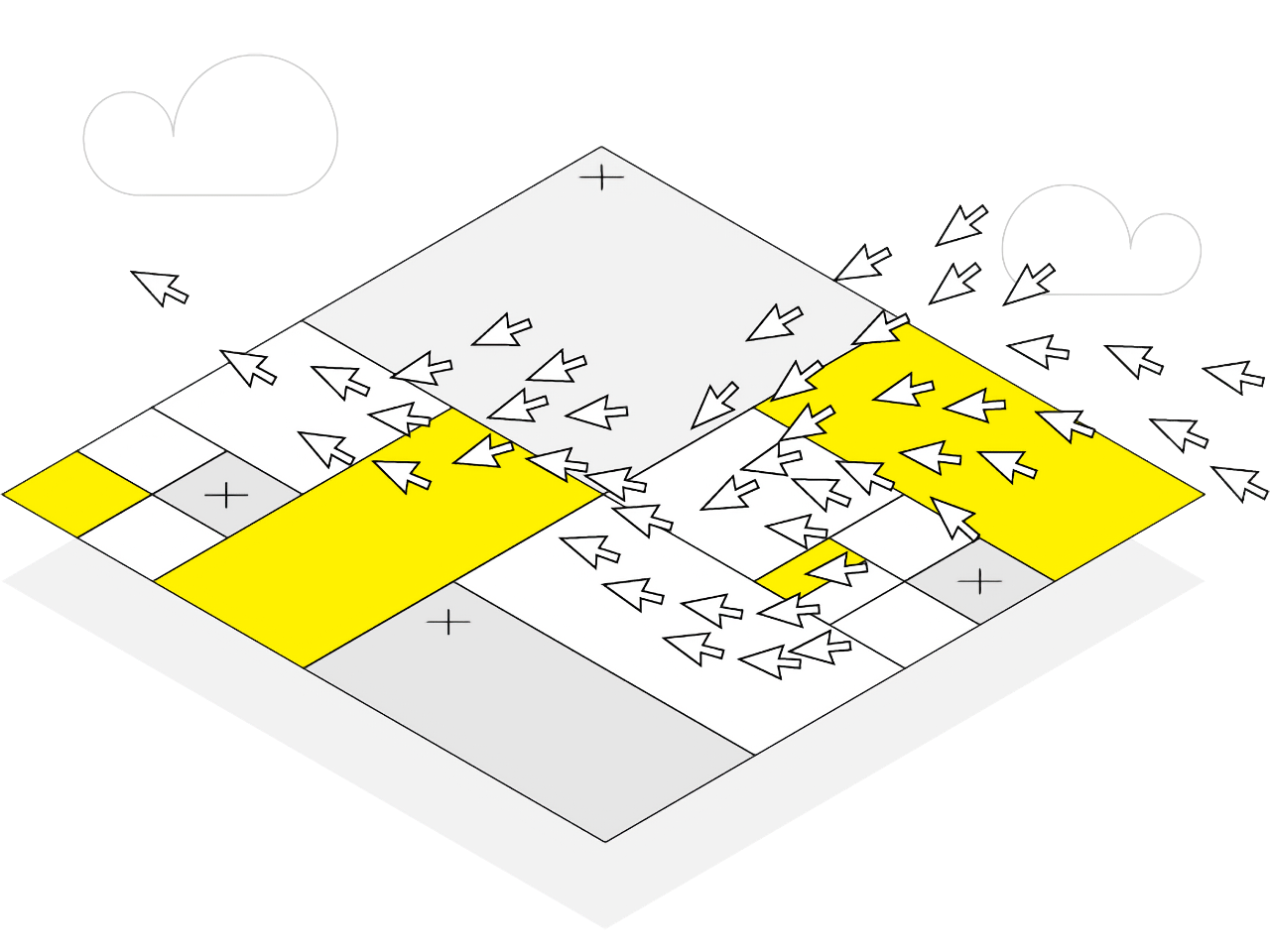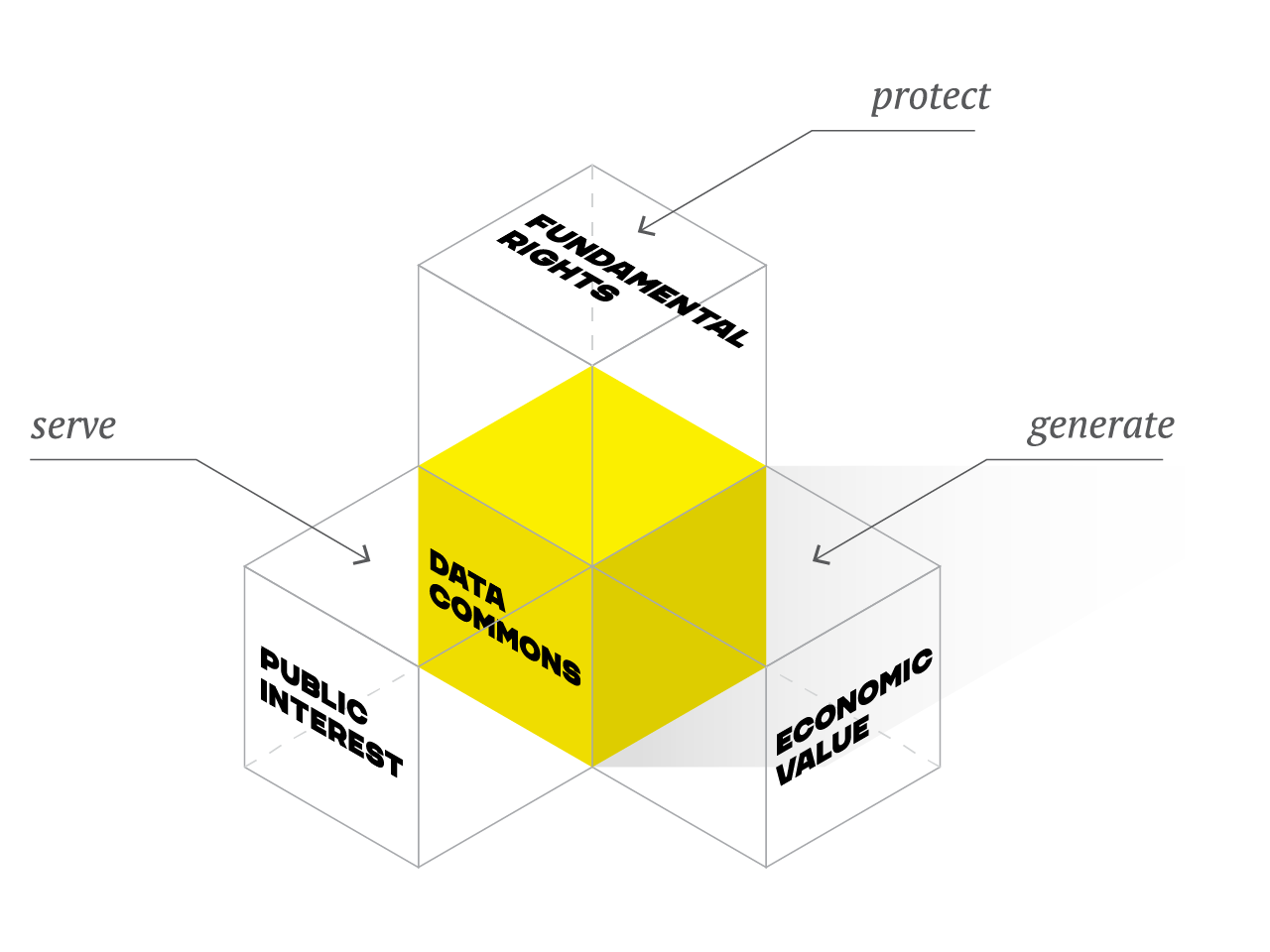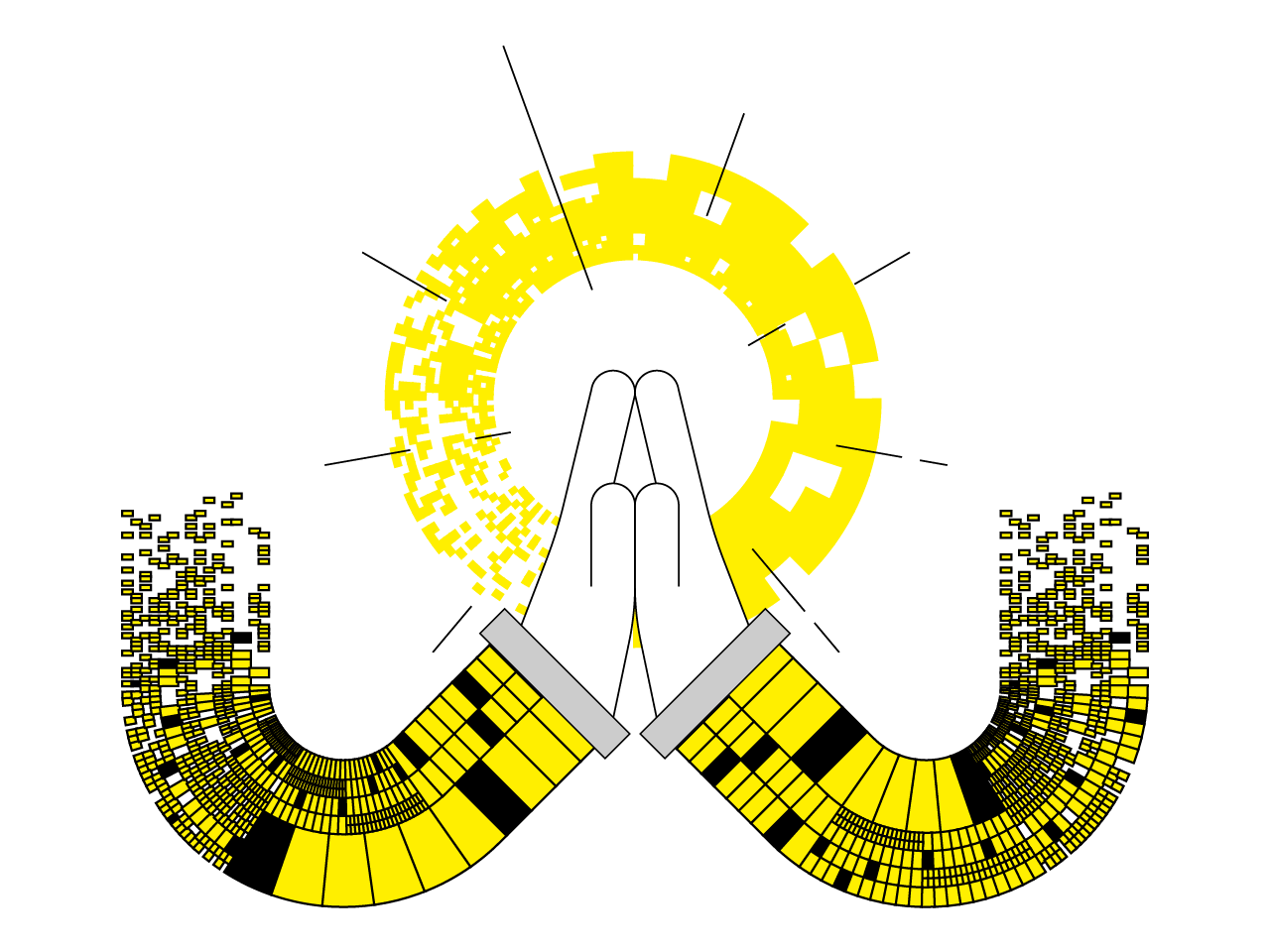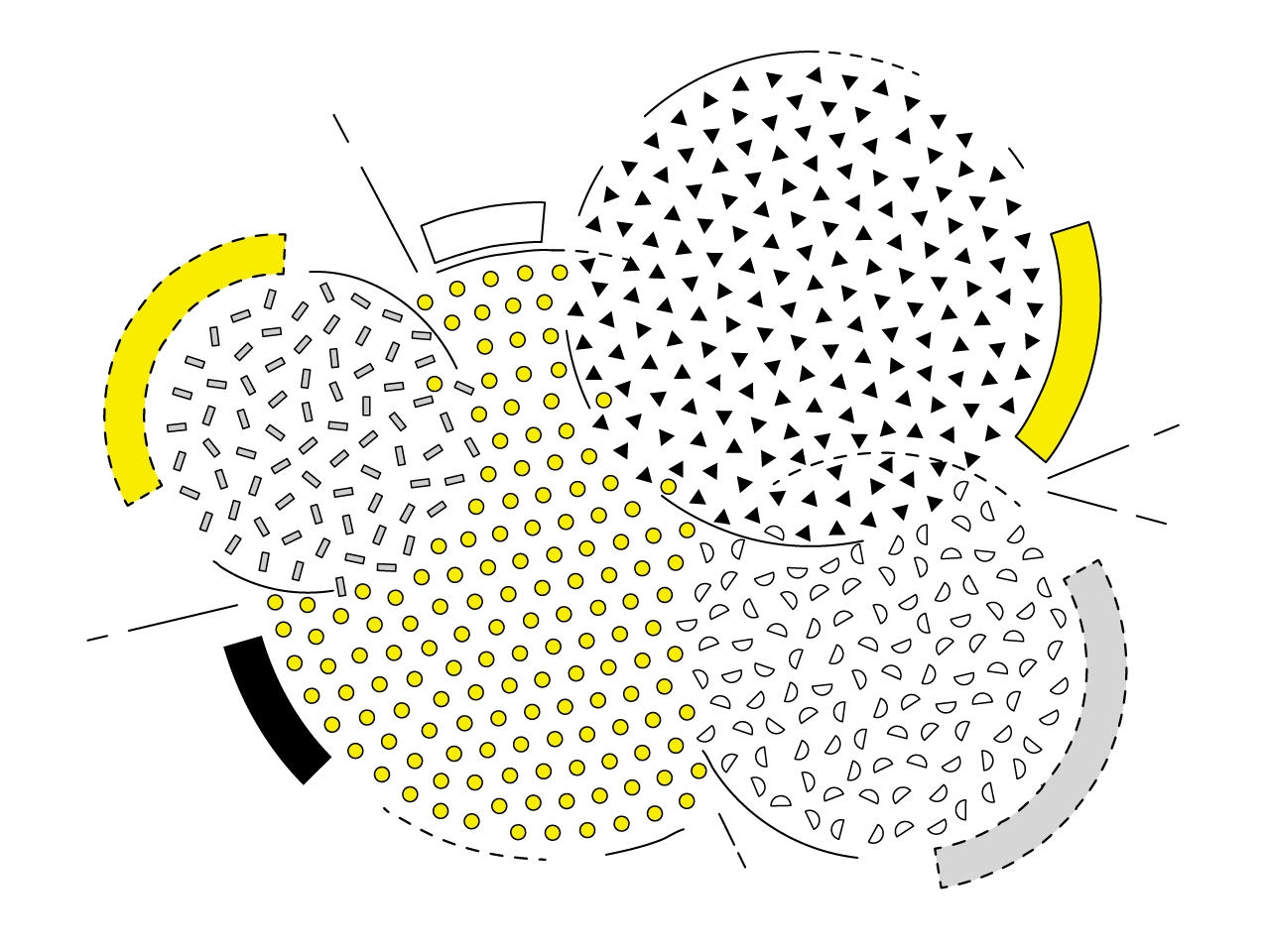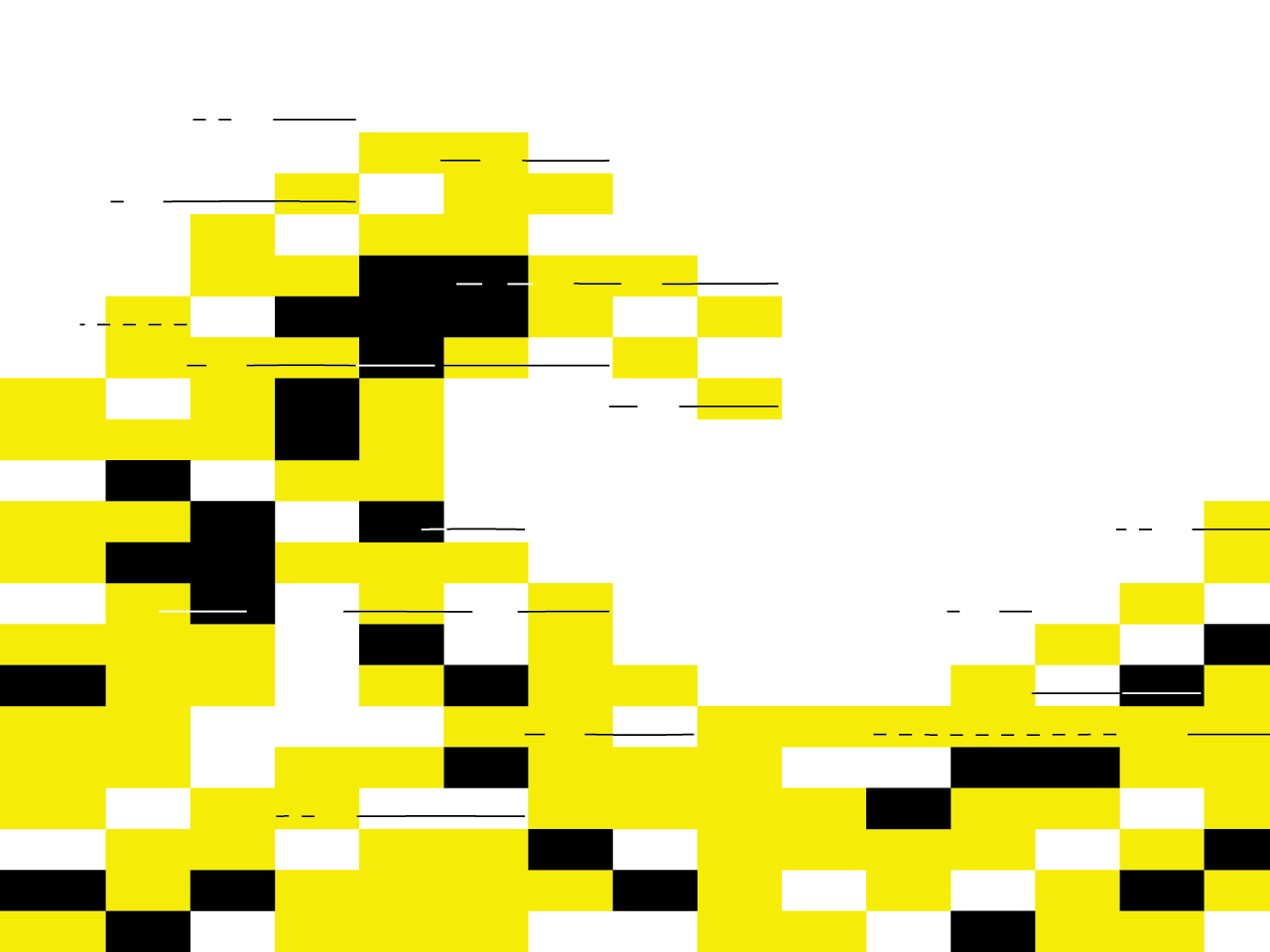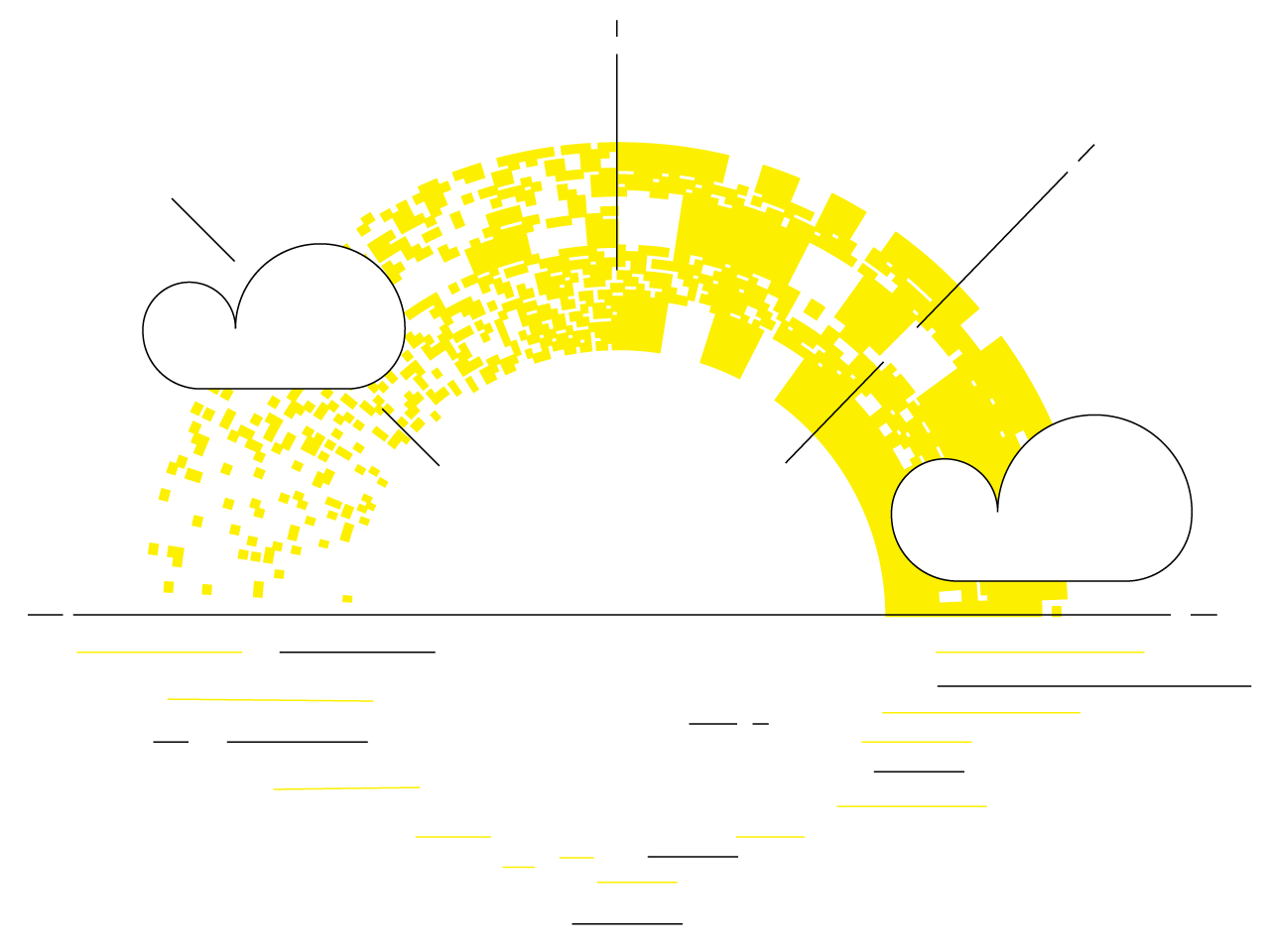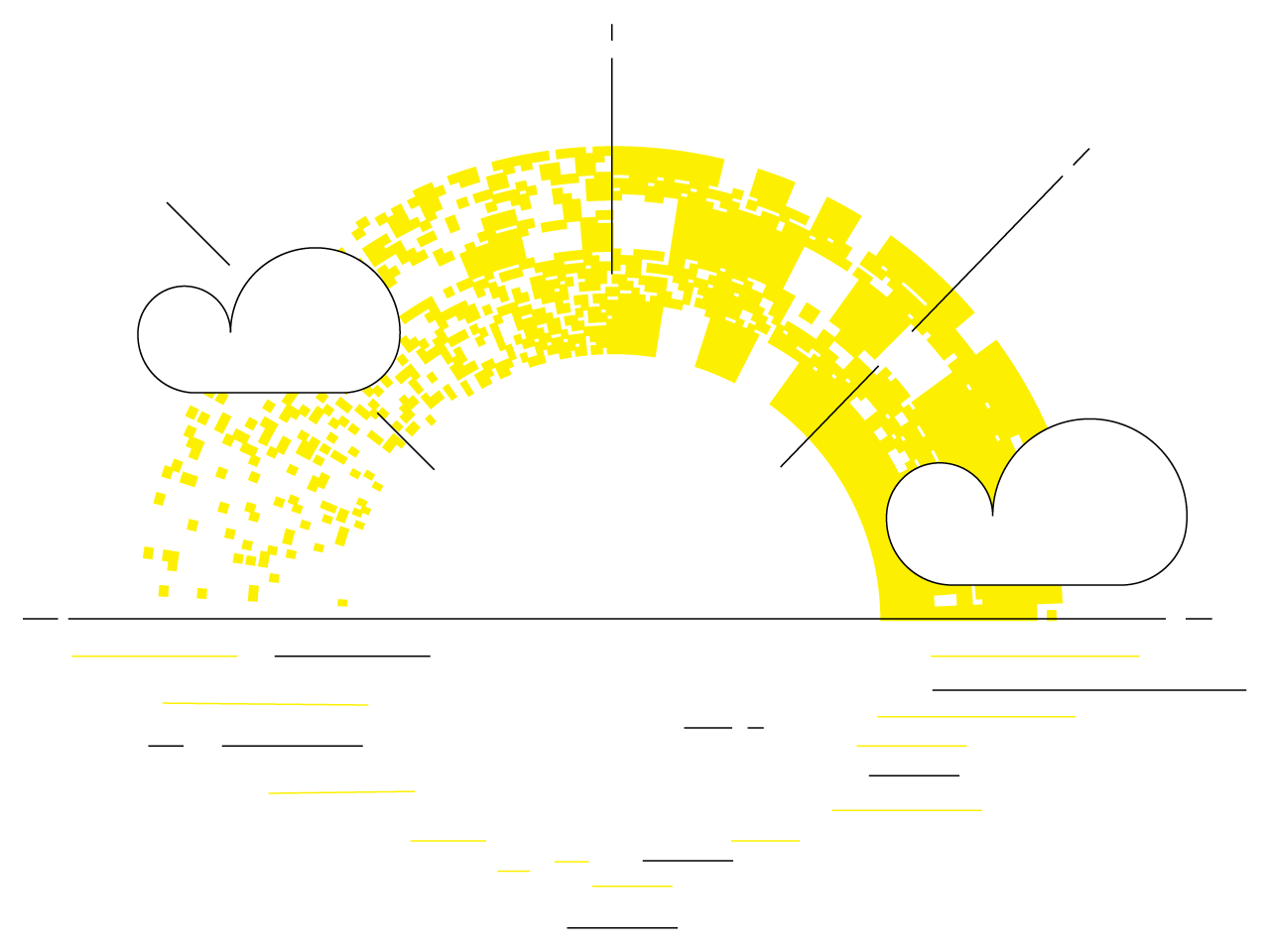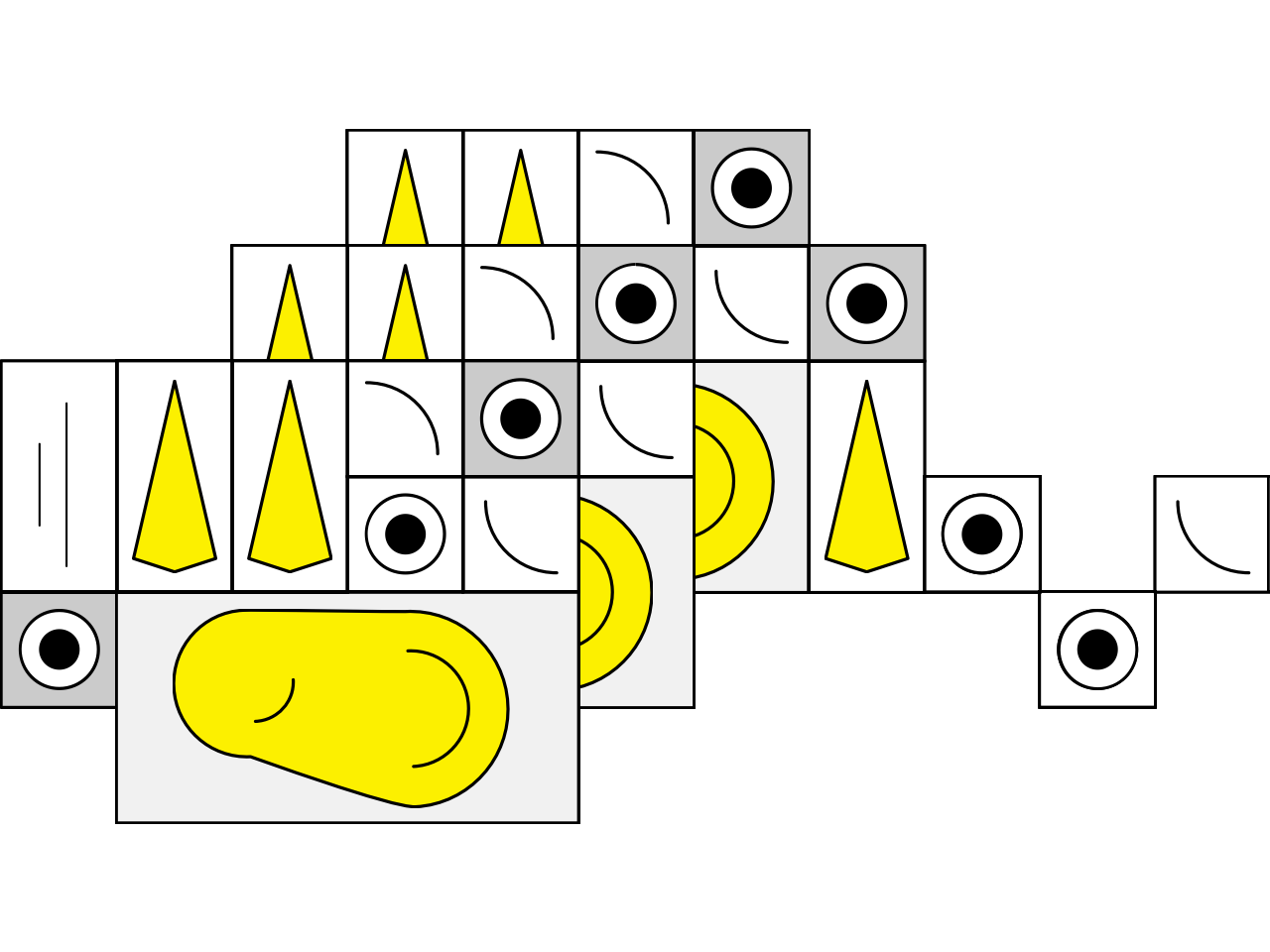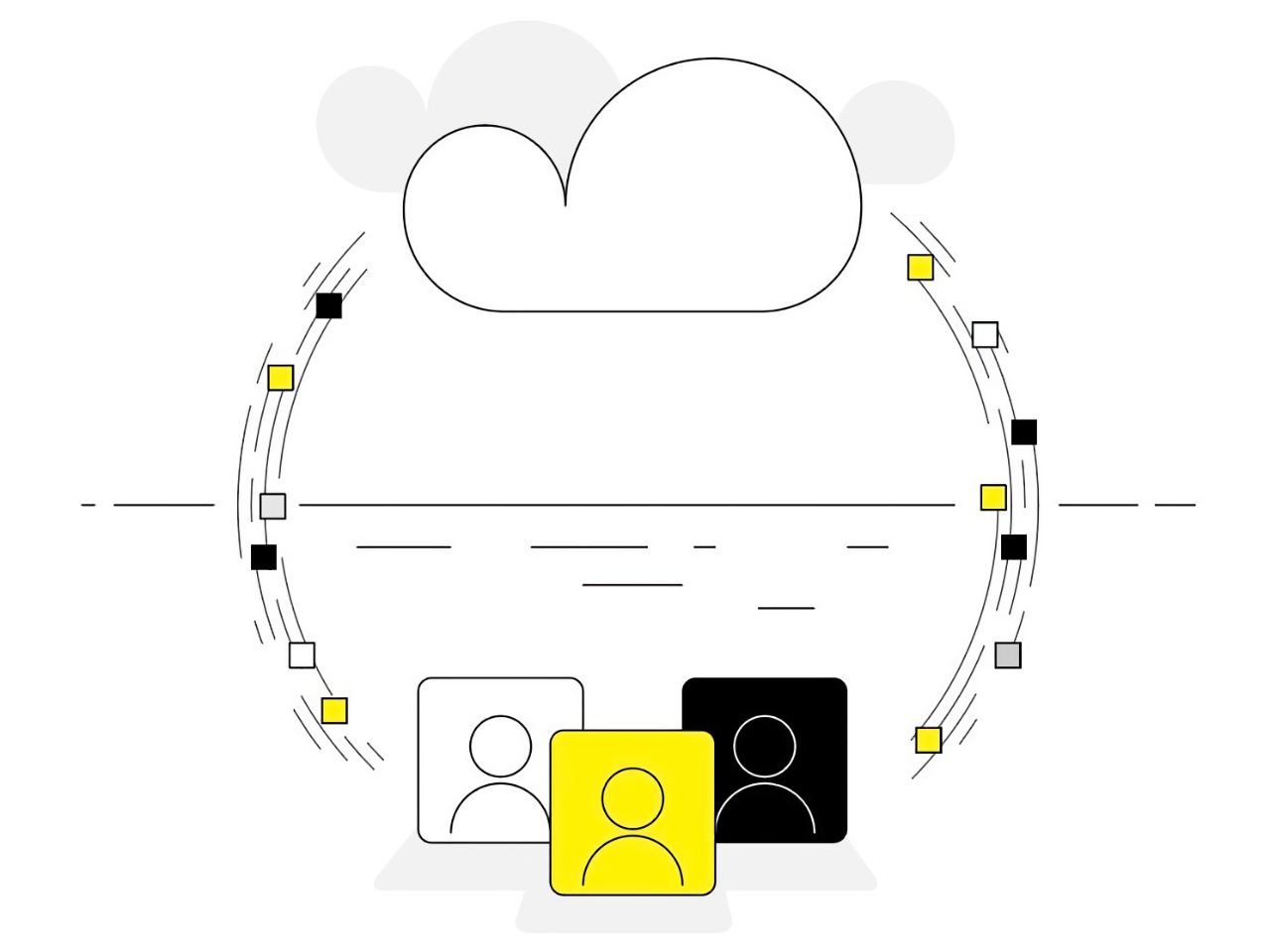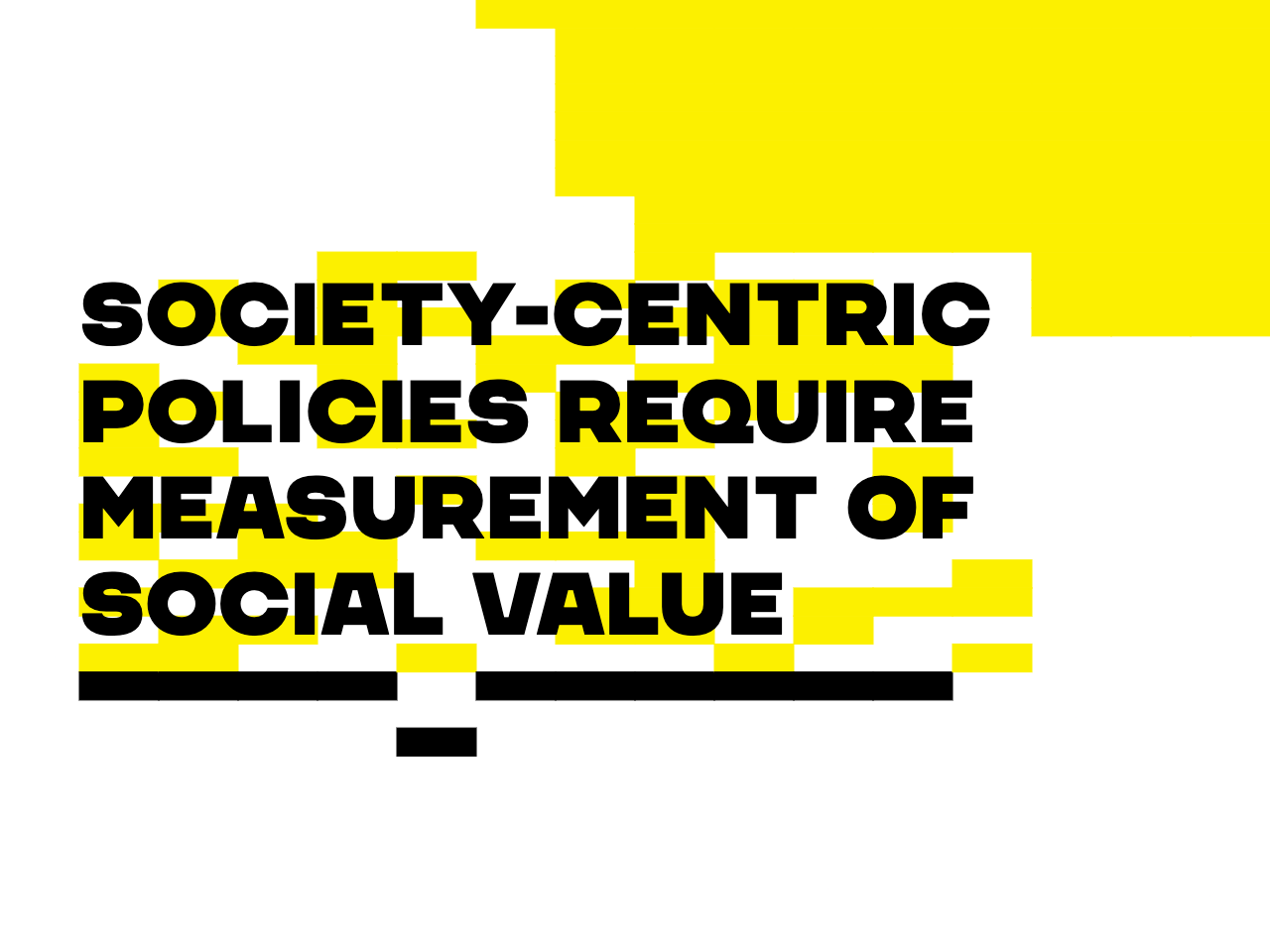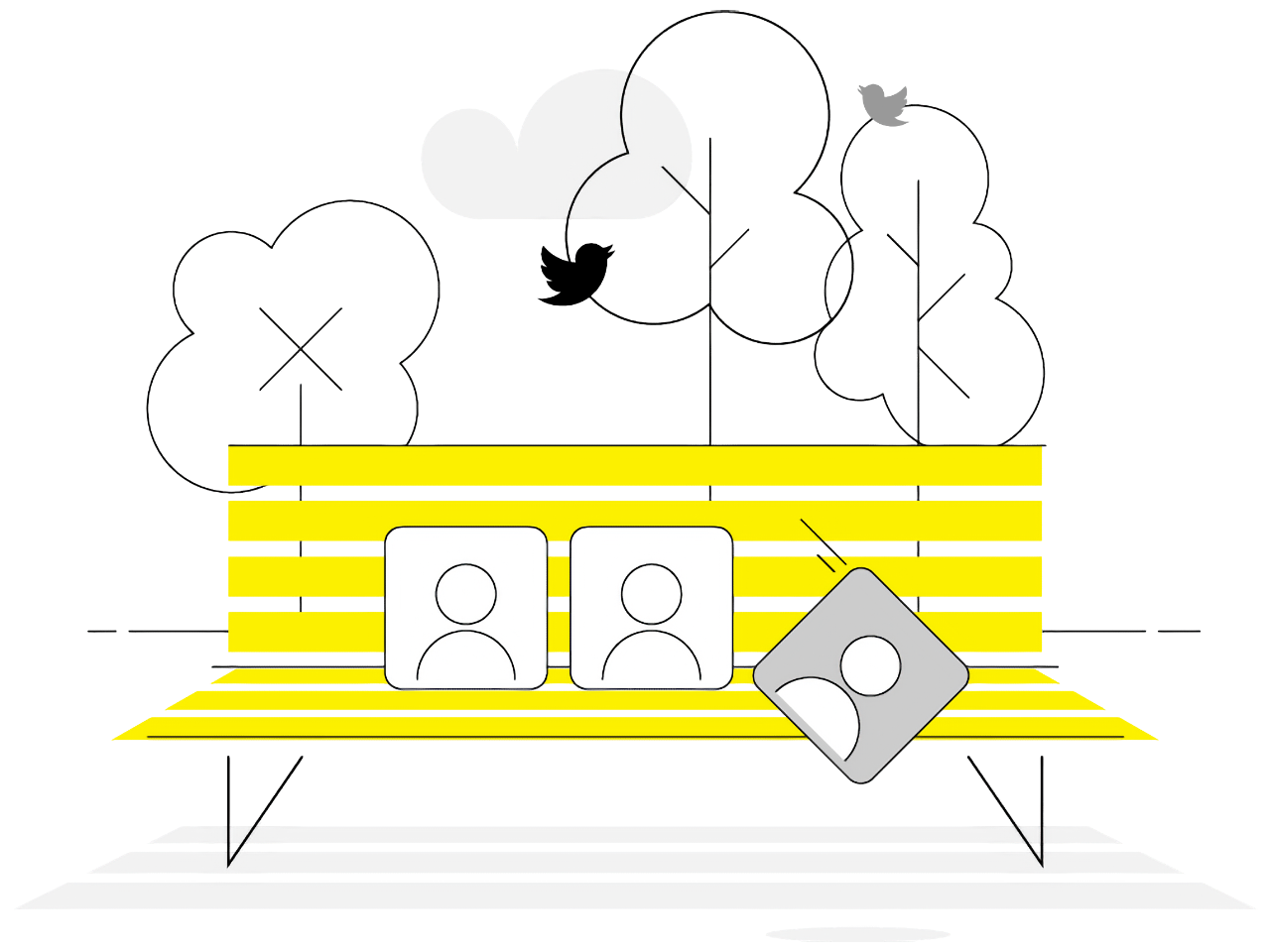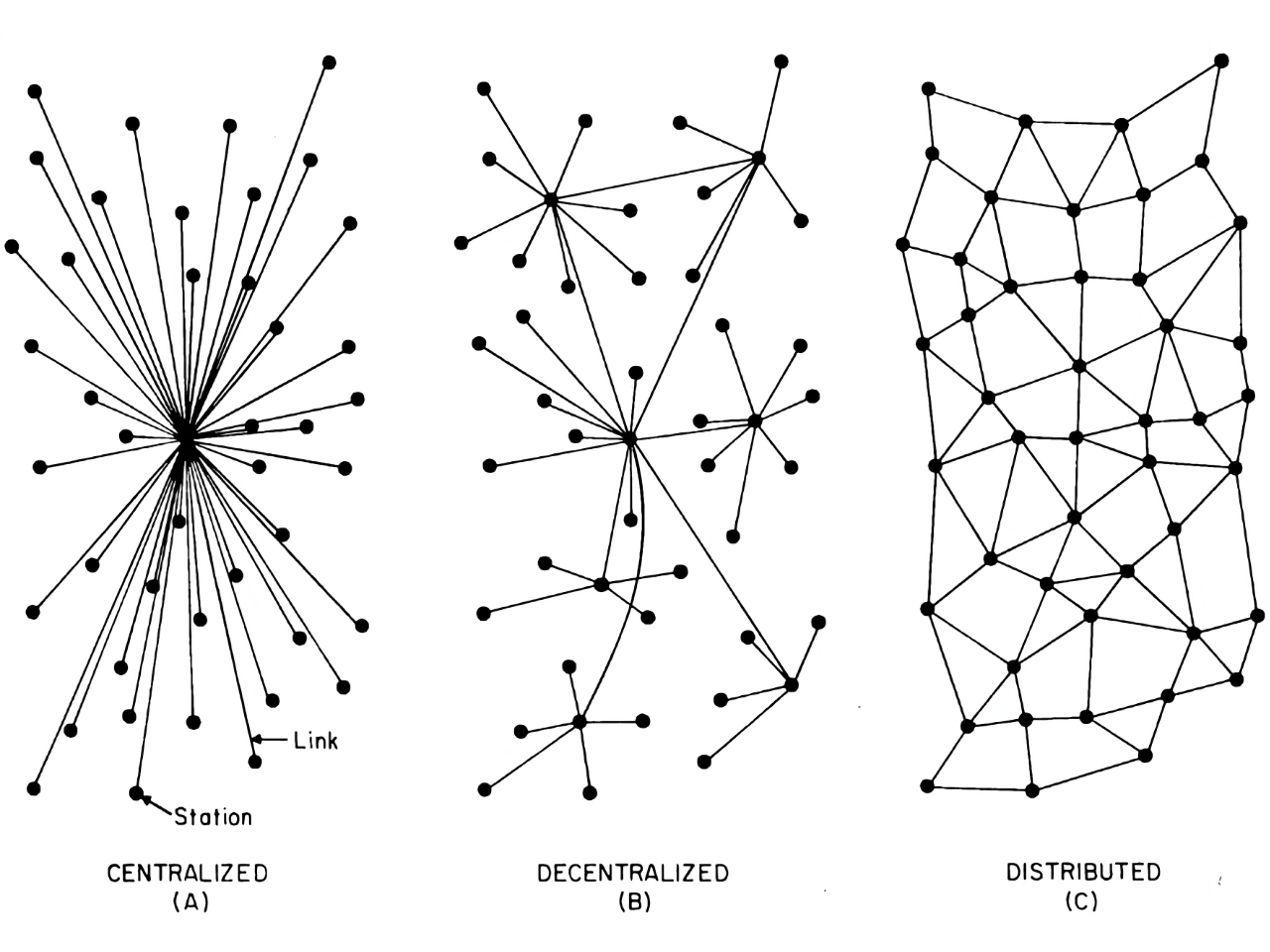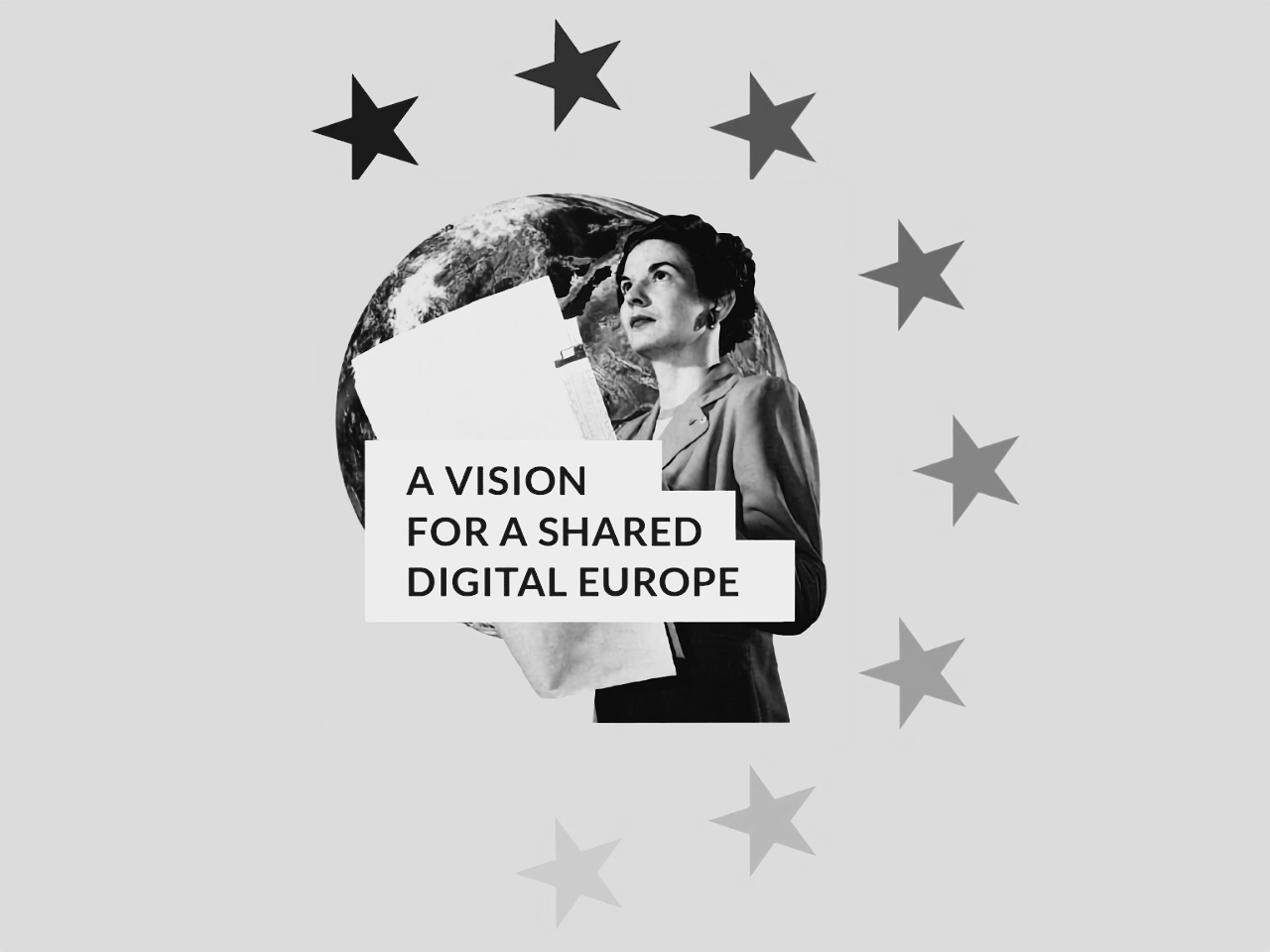Alek Tarkowski

About Alek
Alek is the Director of Strategy at Open Future. He has over 15 years of experience with public interest advocacy, movement building and research into the intersection of society, culture and digital technologies. He is a sociologist by training and holds a Ph.D. in sociology from the Polish Academy of Science.
In 2010 he established Centrum Cyfrowe, one of the leading Polish organizations promoting openness and internet users’ rights. He led Centrum Cyfrowe for ten years as the Director and President of the Board. Before founding Centrum Cyfrowe, he was a strategic advisor to the Prime Minister of Poland.
In 2005, he co-founded Creative Commons Poland and had since then been an active member of the Creative Commons network. He is currently a member of the Board of Directors of the Creative Commons organization.
Alek has been involved in a range of initiatives aimed at charting new directions and strategies for a range of organizations and the open movement itself. He led (with Nicole Allen), the 10th Anniversary review of the Cape Town Open Education Declaration. He co-chaired (with Ryan Merkeley) CC’s network strategic review process, which led to the creation of the new CC network model in 2017. He is one of the authors of the Open Policy Index, an effort to map open policies worldwide. In Poland, he has been involved in developing epodreczniki.pl, the open public textbooks initiative. Finally, he co-authored A Vision for Shared Digital Europe, an alternative digital policy vision for Europe.
He is a member of the advisory board of the Inspiring Girls Polska foundation. He is also one of the co-founders of COMMUNIA, the European Association for the Public Domain. Together with other COMMUNIA members, he’s been involved since 2015 in European copyright reform advocacy, related to the European Copyright Directive legislative process. As a member of the Board of Strategic Advisors to the Prime Minister of Poland (2008-2011), he co-authored the strategic report “Poland 2030” (2009) and the Polish official long-term strategy for growth.
He is an alumnus of the Leadership Academy for Poland (class of 2017) and former Junior Fellow at McLuhan Program on Culture and Technology, University of Toronto.
He published, with Mirek Filiciak, a collection of essays titled “Two zero. Alphabet of the new culture and other essays”. Since 2006 he has been blogging for “Polityka,” a prominent Polish weekly.
Alek lives in Warsaw with his partner and two daughters. In his free time, he cooks, runs and bakes bread.







